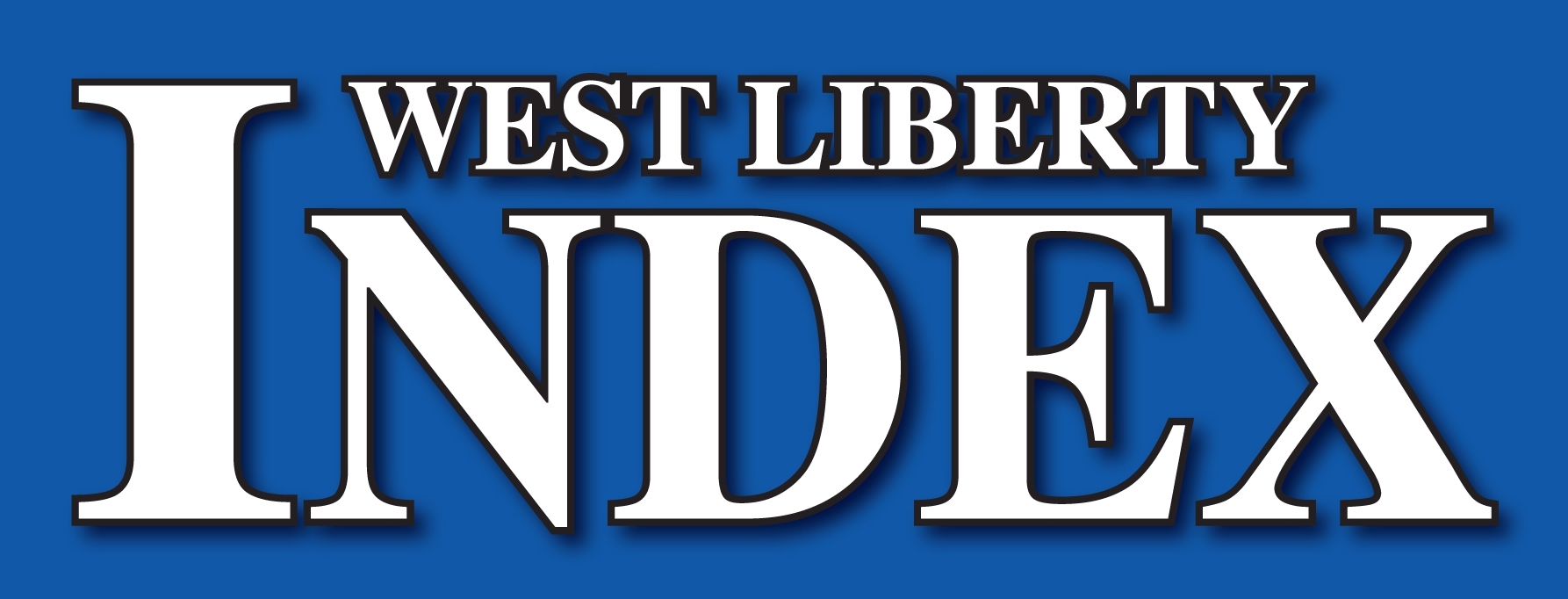Iowa TIF changes could hurt economic progress in West Liberty
Write your legislator today!
City of West Liberty officials and WeLead Director Joe Taylor are concerned about a new bill relating to Iowa’s Urban Renewal law and Tax Increment Financing that could effect future development.
Taylor says House Study Bill 194 may aid larger communities in the state, but small communities like West Liberty are going to be potentially hurt should the bill get approved by the legislature.
“It will greatly impact small communities,” Taylor says, noting TIF programs would be cut from 23 years to 20 years. Taylor says although three years don’t seem like much, they make a big difference when cities are looking at obtaining financing and community projects.
He says big cities like Des Moines have other resources to get money for projects, but smaller communities like West Liberty are likely to struggle minus those three years.
Taylor says although West Liberty is in a “great position financially” at the present time, cutting those three years may hamper the city’s ability to grow.
He said the bill “surprised us” and said many local Chambers and economic development officials are lobbying against the bill, especially after it made it out of a House sub-committee in mid-February by a two to one vote of the three-member committee.
The bill would take affect upon enactment.
Taylor and city officials are asking community leaders to contact Iowa legislative officials to encourage the bill to be dropped before getting to the legislature. He said the bill has momentum but needs to be curtailed or it will hurt small community development in the state.
In a statement to legislators, officials said “Iowa HSB 194 will cap new TIF districts at a maximum of 20 years, while also reducing the existing lifetime of all existing perpetual TIF Districts.
TIF is a valuable and essential economic development tool for Iowa's rural cities and counties and the proposed changes the Iowa Legislature is considering may jeopardize West Liberty’s ability to remain competitive.
Mandating that TIF districts expire after 20 years, is based upon an inaccurate assumption that new districts could simply be created to capture any new increment and reflects a misunderstanding of the true value of this economic development tool.”
Officials said tax increment financing is a flexible, localized development tool that allows both rural and urban cities and counties to fund major development projects. Within TIF districts, the unused increment allows investment in infrastructure and other large capital costs.
“It also serves as a local match for projects applying for assistance at the state and federal level. Banks, in particular, look at the unused increment and know a city or county has financial capacity to continue making payments in the event of a natural disaster or unforeseen circumstance that impacts property values,” officials said in the statement to legislators.
“HSB194 would put that at risk, as the long-term impact would be that communities like ours hit a point at which they have no unused capacity in each TIF district,” officials ppointed out. Taylor said that would make financing against it “difficult, if not impossible, without backing it with GO bonds.” Small cities and counties with low GO limits do not have enough bonding capacity for bigger projects, so they will get frozen out,” he stressed. “If a community did not maintain their level of TIF capture against the district, eventually it would be gone completely.”
“It is always important to remember that when a community is not leveraging unused increment in a TIF district, these tax revenues are treated as any other property tax revenue and split normally to all taxing bodies, benefitting our school districts and other local stakeholders.” officials pointed out..
As Legislators consider eliminating all perpetual districts, it is important to note hundreds of rural and urban economic development TIF districts are hitting 20-years and expiring on their own. Taylor said many TIF districts in the state have also used up their useful lives and are expiring.
“One final point that we hear is concern from the legislature on the perceived cost of the backfill to school districts because of TIF projects. We believe there are many individuals only willing to look at the expense side without fully understanding the new state revenue generated because of TIF-backed projects. A quick analysis of projects in your community suggests that new sales tax, income tax, and other revenues benefit the state at a far greater rate than the standalone backfill to school districts. As a local economic developer, Taylor said he’d be “happy to work with you” to understand that further.
In short, the proposal would hamper large capital investment projects. Small, large, rural, and urban cities and counties, who are using tax incremental financing in a responsible manner, would be prevented from investing in their communities and limited in their ability to attract and retain residents and workforce alike. Taylor encouraged legislators to vote against the proposed changes to Iowa’s existing TIF policy.
Anyone interested in contacting their local legislator may write:
– Senator Tim Goodwin, tim.goodwin@legis.iowa.gov 319-754-4661, 156 Golf Lane Burlington, Iowa 62601.
– Representative David Kerr, David.Kerr@legis.iowa.gov 319-759-1563, 19870 90th Street, Morning Sun, IA 52640
– Mark Cisneros (sits on economic Development committee) cisnerosforiowa@gmail.com 563-506-3673, 2377 57th St S, Muscatine, IA 52761
– Mark Loffegren - Economic Development Appropriations Subcommittee Chair, mark.lofgren@legis.iowa.gov 563-272-8683, 3025 Provence Lane, Muscatine, IA 52761
– Ross Pautian, Ross.Paustian@legis.iowa.gov 563-284-6783, 389 W Parkview Dr, Walcott, IA 52773
Comments
